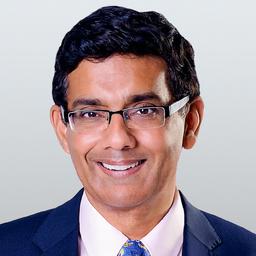Commentary
With Hillary Clinton, I didn’t really expect a resurrection, but I knew that, if it happened, it would be a strange one. Sure enough, Hillary’s back, and this time she makes a bizarre case for why digital moguls should not only censor more; they should also be forced to censor more by the U.S. government. Her point is that democracy itself requires this, a surpassingly odd claim for a former candidate of the party that calls itself “democratic” to make.





